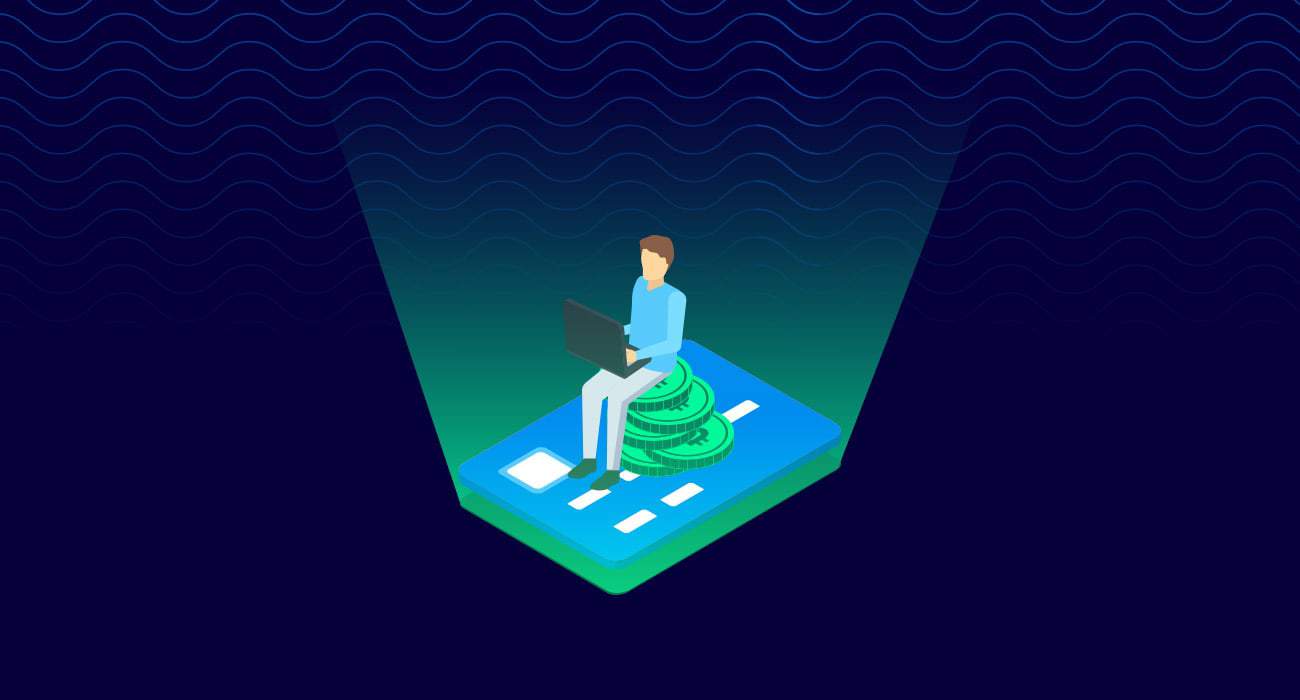Today we had our Morning Coffee with Dario Palacio Isaza, CEO and Founder of SINDYK.
Contxto – Digital acceleration already is an immediate reality in all industries and companies. Covid-19 separated governments, industries, companies, and people, creating a gap between those who are digital from those who are not.
Many of these individuals, whom we´ll call “the non-digital”, considered that “digitizing” wasn’t a priority. In other cases, they started the process but ultimately it didn’t feel the need or didn’t have the resources to complete it. And finally, the rest, who just didn’t see it coming.
That phrase Bill Gates said two and a half decades ago—”those who aren’t on the Internet in a few years, will die”—turned out to be a prophecy. It seems like Gates’ crystal ball is pretty on point these days.
Companies doing their homework last-minute
In the same vein of the student who leaves everything for last-minute, time has finally come to an end. It will be difficult to recover unless a direct acquisition and source of excellent talent is secured.
And the thing is, after this global crisis, no State, industry or company, no matter how analogous or small it may be, will never again leave out a digital strategy.
Therefore, and since there is no other option but to speed up the process of digitalization. I think that the best thing that those companies can do—at least those capable of doing so—is to apply the talent acquisition model, “acqui-hiring”.
Acqui-hiring is a term coined by Ben Zimmer in a blog post made in May 2005 and basically means “acquisition” or “purchase” of talent.
- Related article: How to integrate an acqui-hire. Gympass’ plan for Flaner is full of hicup-portunities
This process, developed and implemented in the United States, is a wonderful strategy for those companies in need of buying or seeking talent and innovation.
But it is also useful for the huge number of startups (budding, small and medium) that have a highly talented team with a lot of digital knowledge but without the growth capacity that one of these buying companies could provide.
And why can this model of buying or acquiring startups be so important and interesting to accelerate digital innovation?:
Scarce talent recruitment
Finding the right talent is increasingly difficult, and startups have the possibility of concentrating three, four or more people with the necessary knowledge and development capabilities demanded by companies.
100 percent focused team on digital activity
It is the most important aspect to take into account when making an acquisition, since you not only get the talented team, but they are also laser-focused on digitalizing.
It is important to keep in mind that, for the recruitment to generate the expected results, the purchasing company must avoid dispersing the hired talent in other tasks and activities.
Obsessed with the task at hand
A startup is absolutely obsessed and focused on what it does, therefore the motivation is massive.
The buying company must feed into this motivation, not cut it off. This is a mistake that happens very frequently.
Quantum-leap to the final objective
Many of the companies in Latin America able to carry out an acqui-hiring process, choose the long way instead. That is, they carry out a digital implementation doing everything themselves at “home” and from scratch.
Many do it this way because they consider that it may be the cheaper approach, which I doubt. It seems they don’t take into account that any potential startup team they may acquire would have already gone through the learning curve for the problem they want to solve.
Therefore, the speed and efficiency will be much higher than that achieved by the company that wants to do everything itself. In these cases, the phrase “time is money”, couldn’t be truer.
In the digital realm, three months equals one year and one year equals almost three years of work.
In short, acquiring a startup that has been solving and operating a problem for at least one year, brings almost three years of advantage in knowledge and experience to a large company that’s beginning to solve the same problem with its own resources.
So, do you understand what they are saving in?
I want to share some examples of startups that, at the time were acquired by large companies, and that have been key to their development and growth.
Obviously finding references is not easy, but I hope that theses serve as an example and inspiration:
- Acquired 60db, later turned into Google Podcast.
- Timeful later helped improve Gmail’s Inbox and Calendar.
- Softcard was brought to assist in the development of Google Pay.
Microsoft
- Acquired Xamarin in anticipation of interest in development platforms and communities, which is later confirmed by the acquisition of Github.
Yahoo
- Acquired Tumbl and its excellent team of engineers focused on mobile technology.
Nubank
- Acquired Plataforma Tec, a finance startup that had close to 50 engineers and experts in agile methodologies.
Due to the digital acceleration that will inevitably occur thanks to Covid-19, from this moment on, business sustainability will be looked at through the digital business model that each company can offer (whoever it is).
Therefore, my suggestion for those companies that missed the first train (that is, before Covid-19), is to speed up their investment search or analysis processes.
Carefully research the large number of budding startups across the region and begin a selection process for an efficient acquisition. Or the next train will leave them again, this time possibly forever.
Dario Palacio Isaza is CEO and Founder of SINDYK, a startup transforming the media industry throughout Latin America. As a professional, he has been in the digital industry since 1998. That’s are 22 years of understanding, comprehending, and actively participating in the development of digital business at many levels, moments and technologies.





